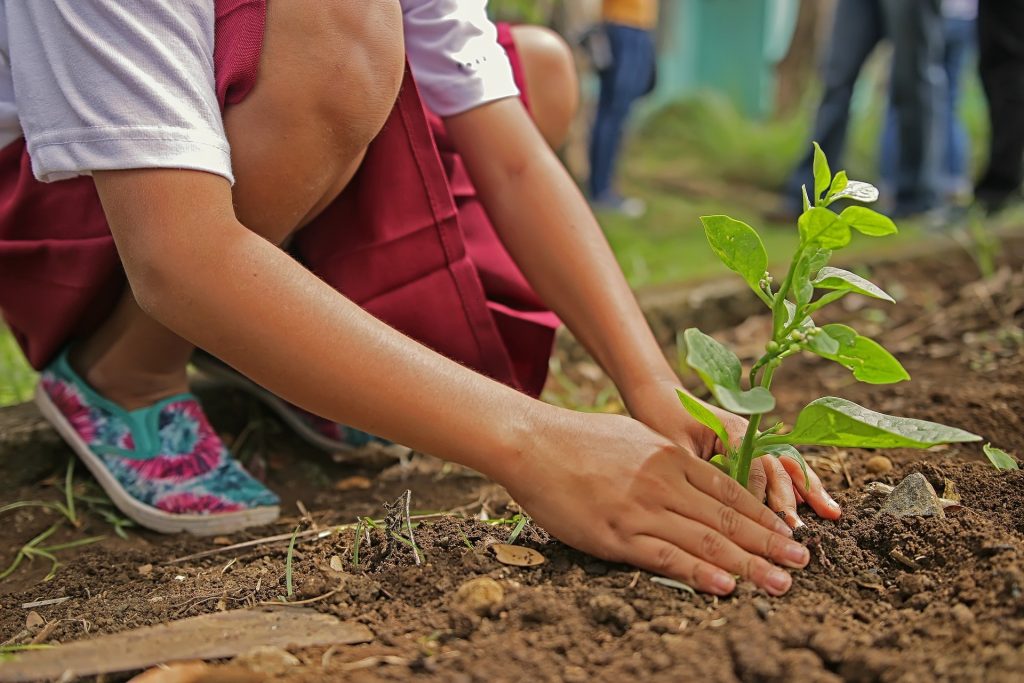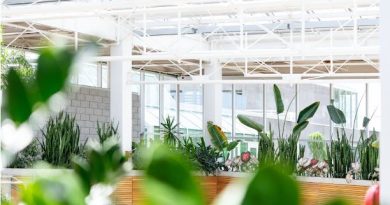Sustainable Gardening Tips to Fight Global Warming
Through our gardens, we contribute lots of oxygen in the air while taking out the carbon dioxide. This is not a small contribution, but we can do more. Through innovative techniques and just looking at what the wild fauna in your area is doing, we can start to make our already environmentally friendly hobby even better. Many of the tips are small, but when we all pull in the same direction, it causes significant differences. We have put together some pointers to help guide you in creating a sustainable garden.
Organic Compost
Before you start planting or planning a garden, you should first prepare the soil with good quality organic compost. You can find organic soil in most garden centers, and you can make your own. Making your compost is the most ethical way as no fuel was used bringing it to you and if you didn’t put the food and garden waste in a compost heap, it would need to be transported a landfill. Most raw food items can go in the composter along with old newspapers, cardboard boxes and all garden waste. Just try to chop pieces small, so they degrade quicker. You will also need to turn the compost every so often.
Choosing plants suitable for your area
Choosing the correct species of plant or tree in the garden is crucial. There is no point growing a species which needs copious amounts of water if you live in a dry climate. The best way to check what types of fauna will grow in your yard is to look at the local area. In the countryside, you will see what plants are doing well, and from there you can start to choose which you like and what would look good. You can speak with a horticulturist in the area as they will have a vast knowledge for you to leverage to get you started. By choosing the correct plants, you will also be able to reduce your dependency on water and reduce your carbon footprint.
Watering Sustainably
The most significant resource we use as gardeners is water. Of course, you cannot grow a healthy plant or vegetable bed without it. There are a few things we can do though, to limit the amount of water we take from the mains supplier. The initial step you need to consider is making sure all the runoff water from your drainpipes is recuperated to be used when needed. This not only prevents you from using mains water, but it also lessens the number of flood waters going into rivers and streams. If you have water collection barrels, but they overflow you are losing precious water, purchase a few more as runoff tanks. As already mentioned, having plants native to your location will also reduce the amount of water needed for each plant. Taking a little care when watering so you don’t just soak the whole plant bed will minimize water. Only water the areas where there are roots.
Innovative tools for the garden
In the modern world, every aspect of life is affected by technology, and gardening is no different. There are lots of cool gardening gadgets which will assist you. As water is our primary concern in the garden, using a plant bed irrigation timer will help. You can set the timer to the early morning, and this will help the water permeate through the soil when it is cooler. You can get a vegetable and plant app, which enables you to gauge how good each species is doing. The app can take away some of the trial, error and waste. You can also have a soil reader, and this can tell you the moisture and acidity of the soil to ensure it is in excellent condition.
Continually Improve the techniques you use
The rate of innovation in every aspect of life is startling; the same is true in gardening. There are always new ideas and problems getting solved, so keep in touch with new developments. Following a strict diary of your gardening seasons will also improve not only the yield, if growing vegetables or fruit, but will also reduce the carbon footprint you leave. In the diary you should keep data regarding climate, weather, soil readings and the day each species started budding or flowering. This again will assist in maximizing plant and vegetable growth without hurting the environment. All these small and inexpensive steps will add up to make a difference in the environmental impact your garden has on the world.





Gardening is my hobby. I love gardening in my free time. Thanks for the awesome tips about gardening. Hope it help me raise my garden.
Please keep sharing.
I’m a huge fan of gardening. I got some good idea about how to grow my garden from your article really its help me very much.
Thanks for sharing.
Hey, Amazing tips its help me to grow my garden. Hope you keep sharing your tips to us. Thank you for your amazing tips.